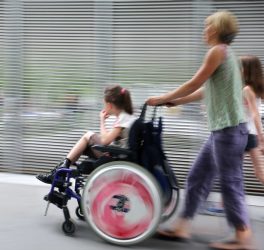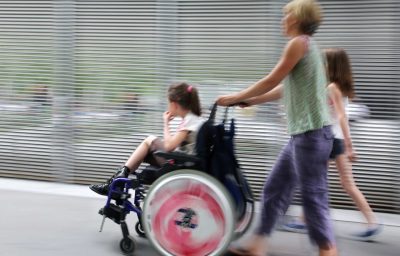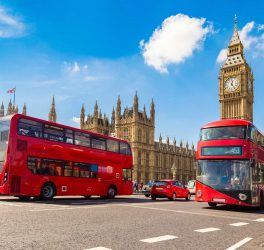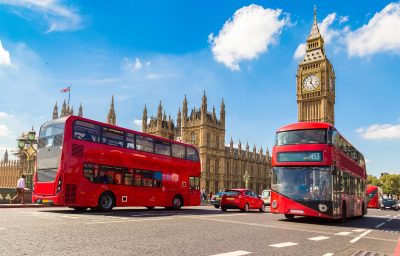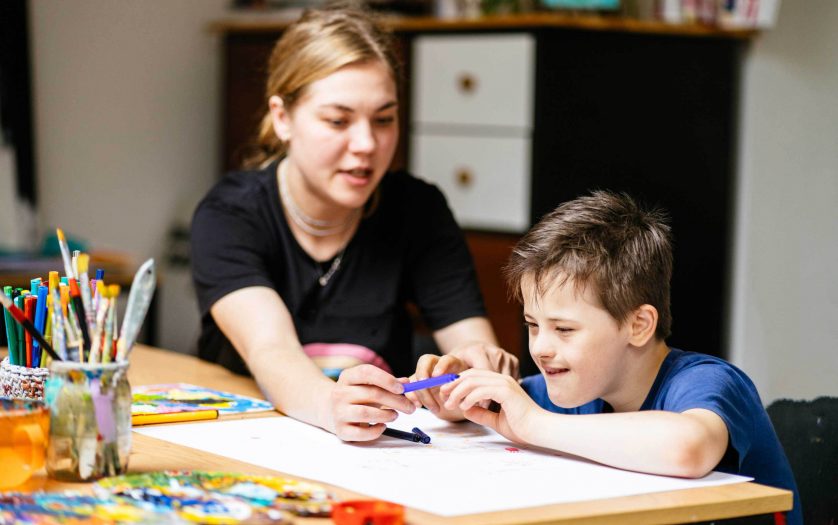
Thousands more families with children with special educational needs will receive support with short breaks, including theatre trips, hiking or craft workshops, as the scheme is expanded to 10 new areas of the country.
The short breaks scheme gives children with disabilities a chance to take part in unforgettable activities and develop vitals skills, while giving their families a break from their caring responsibilities.
The government funded programme provides councils with up to £1 million each for a year to work with families to develop innovative experiences that would otherwise be inaccessible to children because of their disability, as well as covering the costs of providing the activities.
Minister for Children, Families and Wellbeing, Claire Coutinho said:
Short breaks provide much-needed support to disabled children and their families. They give children opportunities to make friends, learn something new and work towards greater independence, while allowing parents the all-important time they need to recharge.
We’ve already seen the transformative impact these new approaches to short breaks are having on children and their families, and I am looking forward to continuing this work, extending it to more parts of the country so even more children can benefit.
The plans come following the recent publication of the Special educational needs and disabilities and alternative provision improvement plan, which outlines the government’s plan to transform the experiences and outcomes of children with special needs and disabilities, ensuring every child, no matter where they live, has access to a high-quality, fulfilling education.
The short breaks innovation fund is delivering a total of £30 million over 3 years to local authorities to deliver the short breaks and test new approaches to providing essential support for parents of children with disabilities.
Methods already being piloted include creating a transition group for children with SEND to develop independent living skills through group activities, which also create friendship circles that carry through into adult life. Other activities being piloted include sleep-over clubs and film-making workshops to build teamworking skills.
The local authorities who will receive new funding this year as part of the second year of the programme are:
- Bristol City Council
- Cambridgeshire County Council
- Camden Council
- Derby City Council
- Norfolk County Council
- Nottingham City
- Plymouth City Council
- Rotherham Metropolitan Borough Council
- Southwark Council
- Suffolk County Council
- Sunderland City Council
- Surrey County Council
- Wakefield Council
Dame Christine Lenehan, Director of Council for Disabled Children said: I am delighted with the Government’s recognition of the value of short breaks to both disabled children and their families. We have seen some really exciting developments in Year 1 of the programme and look forward to seeing what these 10 authorities can deliver. We are keen that the transferrable learning from these innovative projects is shared as widely as possible to ensure children and young people across the country can benefit.”
The first year of funding, which was provided to 7 local authorities, showed positive results for children and their families, and this work to pilot new approaches will help inform a national policy for short breaks to be rolled out more widely.
Sunderland Council received funding last year to provide support to children aged 10 to16 with social, emotional or mental health needs (SEMH) or autism.
Teams across early help, alternative provision and disability services deliver whole family sessions, including a parental wellbeing course and sensory arts and craft sessions for non-verbal children with autism.
Sunderland Council’s evaluation shows these interventions have had a significant positive impact on the children involved, including improved attendance and behaviour in schools, and a reduction in suspensions.

